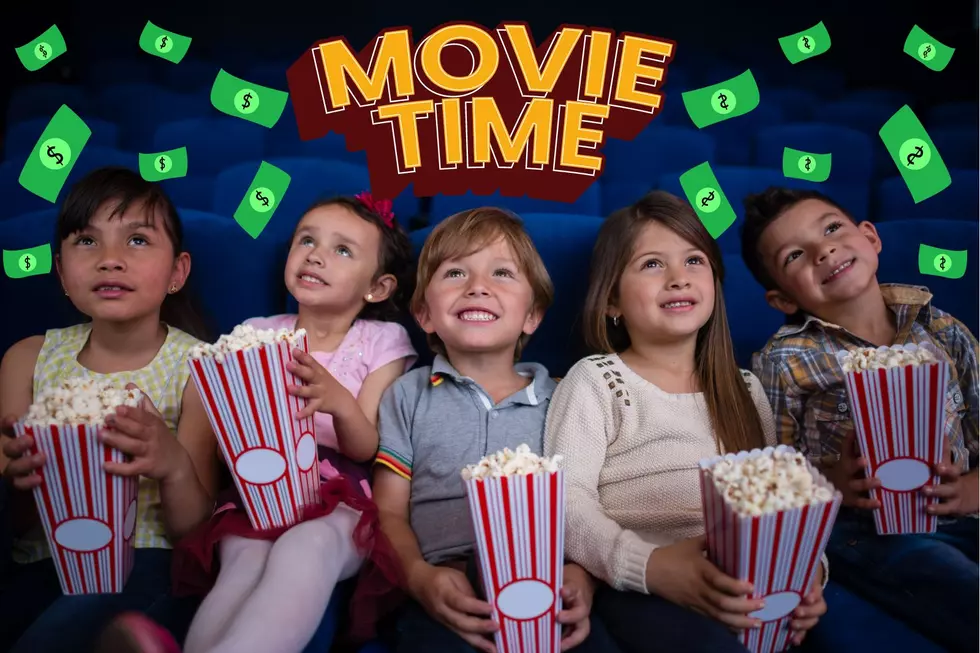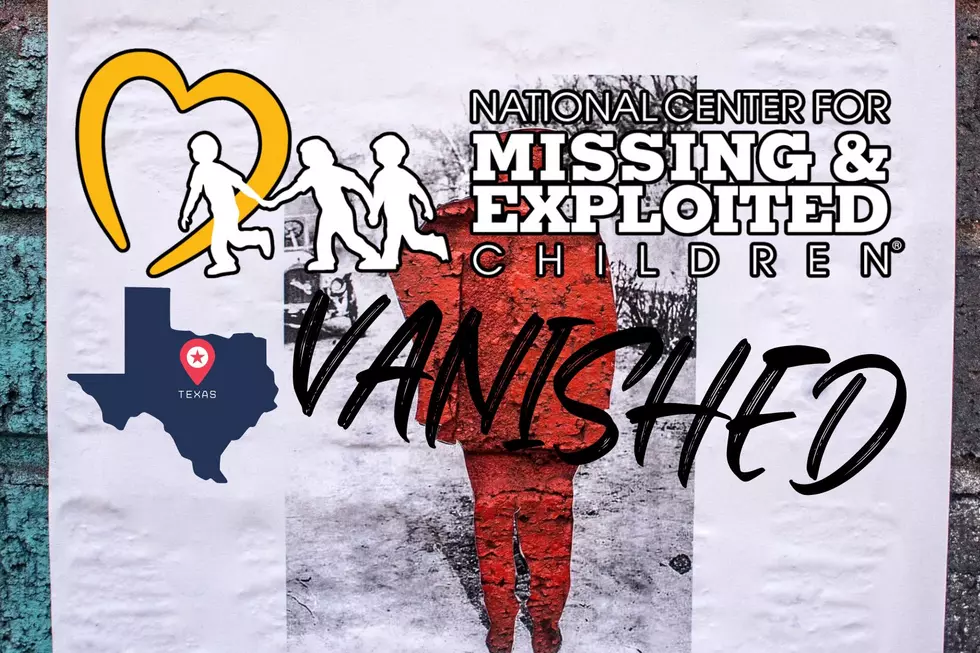
‘Split’ Review: M. Night Shyamalan’s Best Film in Years Is a Surprisingly Poignant Thriller
The Visit was a fun little horror flick that reminded audiences that M. Night Shyamalan still has the capacity to surprise and entertain us — but more than anything, it inspired optimism with the promise of more good things to come. Shyamalan has fully delivered on that promise with Split, an incredibly thought-provoking thriller. Although occasionally heavy-handed, Shyamalan’s latest is his most considerate and effective film in years, with a startling emotional core.
James McAvoy delivers an immensely satisfying performance as Kevin, a man who developed 23 identities to cope with an early childhood trauma. The notion of identity is certainly a fascinating and pervasive one throughout Split, in which Shyamalan doesn’t view Kevin’s controversial disorder as some professionals might: This isn’t a series of personalities that have been chosen and crafted, but actual, individual identities that are inarguably real and essential. These people all exist within Kevin; they are a magnified reflection of humanity’s ability to contain multitudes, to hold competing beliefs and feelings, and to access many versions of ourselves when necessary.
Among Kevin’s many identities are Barry, an aspiring fashion designer; Dennis, a rigidly obsessive-compulsive type who has been underestimated by his peers; Hedwig, a mischievous nine-year-old boy; and Patricia, an authoritative woman with a suspiciously kindly manner. Taking care of these many identities is Dr. Fletcher (Betty Buckley), an older psychiatrist who has devoted her life to advocating for those with DID and fighting to convince her peers that these patients are not broken, but have achieved some sense of mental and — in some cases — physiological enlightenment because of their trauma.
But that’s getting ahead of things. The trouble arises when Dennis kidnaps three teenage girls, led by misfit Casey (Anya Taylor-Joy). Dennis is colluding with Patricia to use these young women for some mysterious and nefarious purpose, to serve an elusive 24th identity that may or may not be real — the very question of that identity’s existence works in opposition to everything Dr. Fletcher has fought so hard to defend with her exceptional sense of empathy.
And that concept really is the visceral, beating heart of Split, which operates as a compelling cinematic dissertation on empathy and how we develop an ability to recognize similar pain in others. Empathy allows us to identify with others, and to develop a keen understanding of suffering that comes from terrible specificity. Empathy has the power to empower us and make us better people, but with Split, Shyamalan imagines what that incredibly human power could be like in the wrong hands — and those hands, in this case, belong to many, many identities.
In some respects, Split feels like a thematic sequel to Unbreakable, as Shyamalan takes an inventive approach to the concept of super-powers and villainy, subverting a popular blockbuster film trope and repurposing it as a clever, twisted genre film. Kevin and his identities are exceedingly complex, but no more so than any viewer; the very nature of humanity on an individual and mass level is complicated, after all.
Kevin and Casey are two sides of the same traumatic coin. Casey’s own past trauma has made her a stronger, more considerate and thoughtful person, while Kevin’s has forced his various identities to evolve and become fully-realized people — and when you get a couple dozen eggs, a few are bound to be cracked. Casey’s empathy allows her to interact with Kevin and his identities in ways that are more difficult for her fellow captives, though their participation should not be discounted. Both Haley Lu Richardson and Jessica Sula give fine performances, each representing the various ways in which actual young women might react and think in this particularly terrifying situation.
It’s easy to care about these characters because it feels like Shyamalan cares about each and every one of them, making the third act of Split all the more harrowing as it transforms from an entertaining and clever thriller into a genuine horror film. There’s nothing jaw-droppingly novel about what Shyamalan is saying, but the ways in which he says it are thrilling and surprisingly poignant. Genre fans will recognize visual and thematic references to films like Red Dragon, Identity, and, weirdly, Jurassic Park, but Shyamalan incorporates these moments in ways that feel organic and reverential — never obnoxious or pandering. Many of those same fans may also appreciate the totally bonkers tag at the end of the film. It’s the sort of campy punchline that only Shyamalan could successfully deliver.
The only real flaw of Split is its ham-fisted approach, particularly in the third act, when some of the on-the-nose dialogue begins to feel a bit redundant. No one would ever accuse Shyamalan of being a particularly nuanced director; he has a tendency to become a little too enamored of his own ideas, which can result in some odd indulgences. Even still, Split is his most thoughtful film in years, and one that contains ideas and feelings that resonate on a deep, visceral level.
More From KKTX FM










